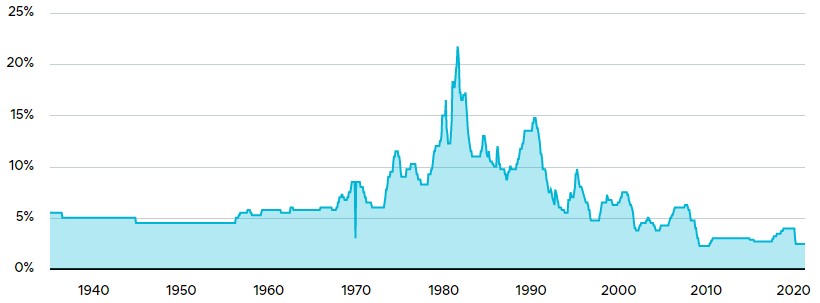Credit Ratings and Credit Reports
CREDIT BASICS
What is a credit report?

How do credit ratings work? We hear this question a lot. A credit report is a history of how consistently you pay your financial obligations. Based on this information you are rated on the level of risk you represent as a borrower. This is called your credit score or credit rating. Your personal credit report was created the first time you applied for a credit card, car loan or personal loan. Once your report is established, the companies that lend money or issue credit cards to you (banks, finance companies, credit unions, retailers, etc.) send the credit reporting agencies specific and factual information about their financial relationship with you.
Information your lender sends to the credit bureau
- When you first opened your account
- If you make your payments on time
- How often you have missed payments
- If you are over or have previously gone over your credit limit
- How much your regular payment and the current balance
The credit report bureaus (Equifax and Transunion are the main players in Canada) receive this information and retain it to help other potential lenders decide whether or not to approve you for credit. For this reason, other lenders will request your report when they are determining whether or not to grant you a loan. Your credit report is a history that will help them determine what kind of lending risk you are; if you are likely to repay your financial obligations on time or not.
What is a good credit rating?
This is how credit ratings work. In addition to monitoring your activity on a regular basis, the credit bureau also assigns you a numerical ‘credit rating’. Your number ranges from 300 to 900. If your rating is over 700, most lenders would consider you to have good credit. To qualify for credit from an institutional lender, you typically don’t want to be lower than 620, and definitely not lower than 600. For the purposes of residential mortgage lending many lenders require a minimum score of 680+ in order to offer their most competitive rates.
In general, the higher your rating, the lower the probability that you will become delinquent on credit extended to you. While it is true many lenders use bureau ratings to help them make lending decisions, understand that each lender will base it’s decision on more than just the score alone. In certain cases, even with a high credit rating a lender may still not approve you if there are other perceived risk factors.
What is used to calculate my credit rating?
While each credit bureau is different, both rely on similar algorithms to determine an individual rating score. Below is a list of key factors used to calculate your score and the approximate weight each holds represented as a percentage:
Payment History (35%)
Your credit score will be higher if you pay your bills on time. Making your payments late or not making them at all will cause your score to drop rapidly. If you have missed payments, declared a bankruptcy or have a debt that is now in collection, your credit score will certainly be lower. The more time that passes after you catch up or pay off these delinquencies will reduce the impact they will have on your score so its always best to repair your credit at the earliest possible opportunity.
Current Debt (30%)
Congratulations, the credit card company increased your limit to $10,000! That doesn’t mean you should use it all! The more credit you use in relation to the total you have available; the lower your score will drop. TransUnion recommends keeping your credit card balance below 50% of your allotted limit and ideally around 30%.
Length of Credit History (15%)
The longer you’ve been proving yourself as a reliable borrower, the higher your score will be. Someone with a lengthy track record of paying back debts is likely to have a higher credit score. Most mortgage lenders will prefer to see at least 2 credit accounts (credit cards, lines of credit, auto loans, etc.). At least of these should have been reporting for 24+ months in order to approve a new mortgage application.
New Credit (10%)
If you have a lot of companies viewing your credit report in a short period it could lower your score. The bureaus see this activity as a potential risk. It could show that you are in financial trouble and looking for a way out. It could also predict that in the near future you will rapidly increase your overall debt load. Try to avoid applying for every credit card application that comes your way.
Types of Credit (10%)
Your credit score is influenced by the types of credit and loans you hold. These may include credit cards, retail accounts, installment loans, mortgages, and revolving lines of credit. A healthy mix of all of these types can boost your score higher.
The combination of all of these factors is what really determines your particular credit rating. While this is by no means a comprehensive list of all the data used by the credit rating companies it should give you a much better understanding of how credit ratings work.



